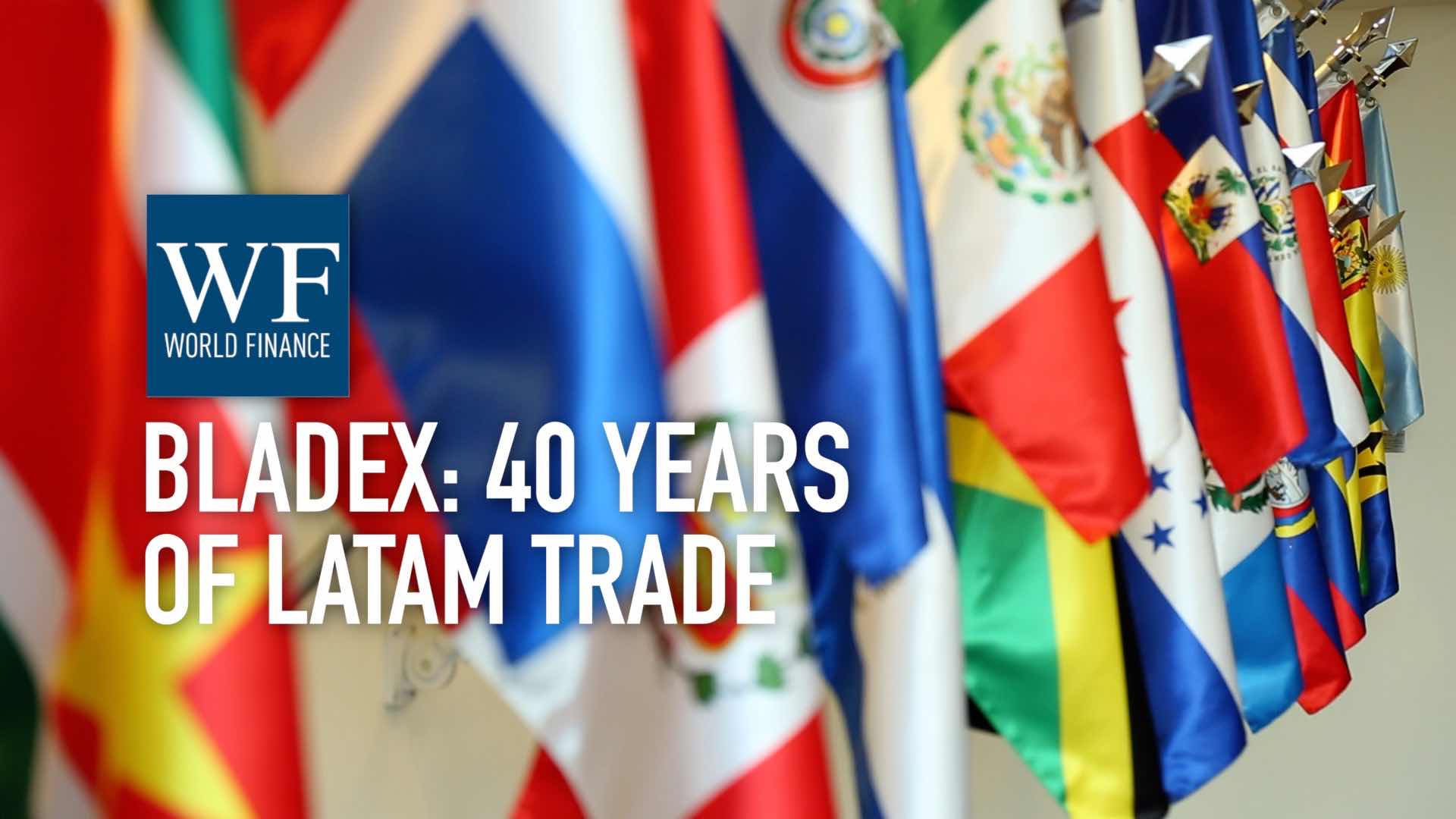Conor McEnroy on banking in Latin America | Sudameris
World Finance interviews Conor McEnroy, CEO of Abbeyfield Group and Chairman of Paraguay's Sudameris Bank, on banking in Latin America
Related:
Transcript
Sudameris Bank was acquired by the Abbeyfield Group in 2004, and is now the fifth-largest bank in Paraguay. With a specialism in restructuring banks post-systemic crisis, CEO Conor McEnroy shares his view on banking in Latin America: the challenges for banks, the differences between the LatAm and European models, and the outlook for Paraguay’s economy.
World Finance: So, first, tell us about your background and how you got started in banking?
Conor McEnroy: I started work for Swiss Bank Corporation which was my Alma Mater. I worked for them in all for twelve years. Wonderful training ground, comprehensive training, worked on the tutor and the mentor system and I worked with them in London, in Milan and in New York. Specifically on repairing broken banks, that experience is based out of South America. So for ten years post hyper inflation in South America banks die. They die what’s called the death of a thousand cuts, and you have to go in deep and cut almost to the bone to repair them. That’s what I did first bank by bank, and then finally system by system.
They die what’s called the death of a thousand cuts, and you have to go in deep and cut almost to the bone to repair them
World Finance: So tell us what initially drew you to Sudameris bank?
Conor McEnroy: If you frequent broken banks often enough eventually, especially if you’ve got demonstrated ability to repair them and bring them back to life, you are in clear and present danger of being offered one. I was called one day by the Union bank of Switzerland, and they told me that they had pre-screened me with Bank Intensa San Paolo in Italy, and they offered me Sudameris, which was a delicate, difficult case. At first I was a little sceptical but I went and did a due diligence. I made them an offer and they accepted.
World Finance: You’ve talked briefly about your experience of restructuring banks. Perhaps you can expand a bit on that and what experience you’ve gained?
Conor McEnroy: Key issues would be self regulation does not work. I’ll say it again, self regulation does not work. And secondly, history repeats itself; there’s always another generation ready to come and make the same mistakes as the previous generation. You have to remember, what is the purpose of a bank? What is the role of a bank in society? In the first instance, it is a safe place for you to deposit your money. There is no human right, and there is no civil right, of access to credit. You have no god given right or man given right to my money. I will lend it to you if I choose but you have no right to it. So the first responsibility and activity of a bank is not to lend money. It’s to provide a safe place for a deposit and you lend money within that context. It’s easy to lend money, it’s hard to raise deposits.
There is no human right, and there is no civil right, of access to credit
World Finance: On that theme of banking models, you’re based in Latin America. How do banks there differ from those in Europe?
Conor McEnroy: The key difference is that banks in South America are traditional, if you permit a joke, they’re the three-six-three. Pay three, lend at six, go and play golf at three o’clock. Old fashioned banking, plain vanilla banking. I believe that the downfall of banking as it’s known in Europe and the United states is driven by the issue of regulation, in particular, commercial banks being allowed to play investment bank, and investment banks being allowed to play commercial bank. And secondly, I think the great social ill that we have is the credit card, and the use that credit cards have been put to.
World Finance: And if we look at the policies being put forward by the FED and the ECB in the US and Europe. What impact is that having on the economic landscape?
Conor McEnroy: Well, whilst the banking environment in Europe and the United States are practicing this low interest rate environment, primarily to help the banks and ergo their clients since they were having a crisis along with the banks. It has a knock on effect in South America, where we don’t have these solvency issues and we’re getting a holiday. So suddenly our yields are a little bit higher than Europe or the United States so we suddenly become very attractive, we can access long term money and so we’re on a little bit of a boom in terms of development capital. Building factories, building infrastructure, at very cheap historic rates for us.
Paraguay is coming from a low base, it’s very rich country in terms of assets, natural assets and so on
World Finance: And this boom has been recognised in a recent study which puts Paraguay as the fifth fastest growing economy in the world. Do you think the growth can be sustained?
Conor McEnroy: Paraguay is coming from a low base, it’s very rich country in terms of assets, natural assets and so on. It’s a country that’s putting itself in order and having all the benefit and high growth figures that come with putting your house in order. I can certainly see it for another ten-fifteen years. I would even say thirty.
World Finance: Conor, thank you
Conor McEnroy: Thank you very much

 Latin America must diversify beyond commodities to expand regional trade
Latin America must diversify beyond commodities to expand regional trade Bladex celebrates 40 years of supporting Latin American trade
Bladex celebrates 40 years of supporting Latin American trade
